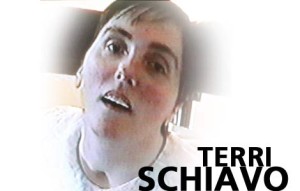 If you’ve got young children, your days are filled with all sorts of activities related to them. You don’t have time for much else, especially not long term planning.
If you’ve got young children, your days are filled with all sorts of activities related to them. You don’t have time for much else, especially not long term planning.
However, ask yourself who will take care of your children if you and/or your spouse are not there? What if you’re in a car crash or some other totally unexpected accident and both of you are killed or seriously injured. What if you are a single parent with a catastrophic illness. Where will your children go?
Even though a will is a very important part of an estate plan, a critical part of that plan is to specify who you choose to be your children’s guardian when you’re not around. That person will care for your children and be legally responsible for them until they become adults. Don’t you want to leave your children in the care of someone you feel is the best person for the job?
If you don’t name a legal guardian, the state in which you live will decide who will raise your children in case you are unable to do so. Do you want judge who doesn’t know you or your children to decide where they will live and who will care for them? It could be a relative you don’t think would do a good job or who doesn’t share your views on how to raise your children. Or it might be someone who is not related to your children at all.
Life isn’t predictable and no one knows when the unforeseeable will happen. Protect your children today. Prepare the legal document that names a legal guardian for your children today.
For more information about this subject and other end of life planning, go to our website www.diesmart.com.

